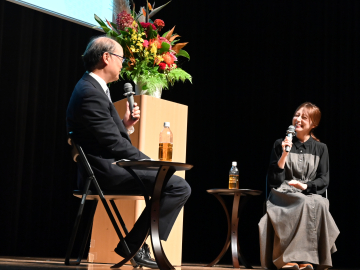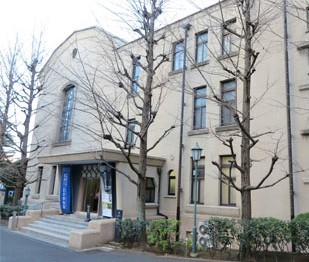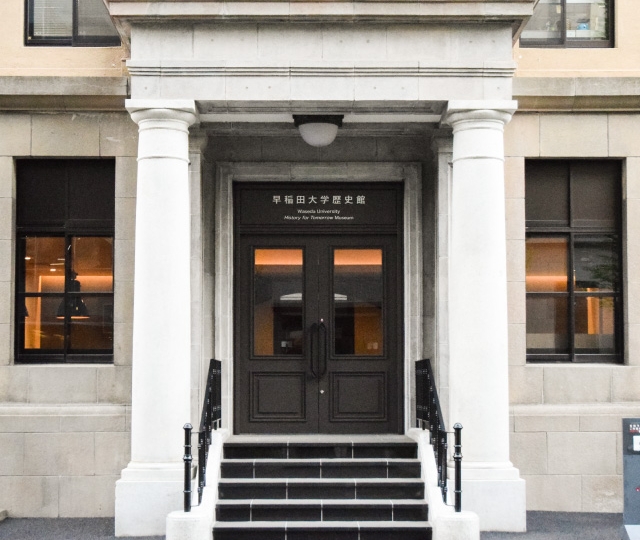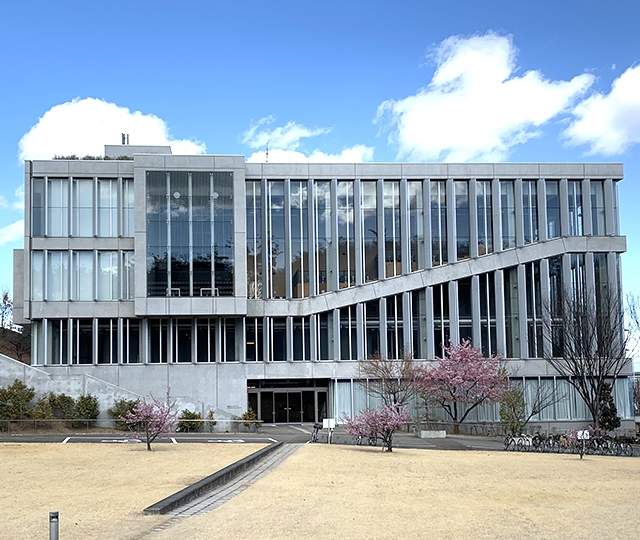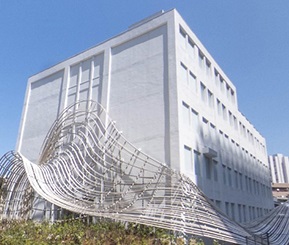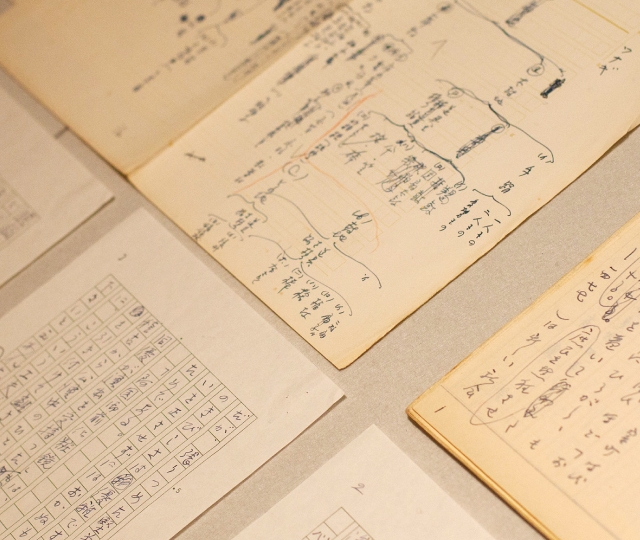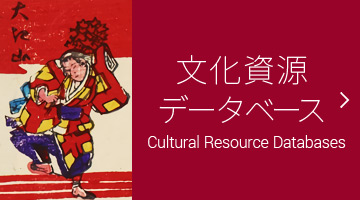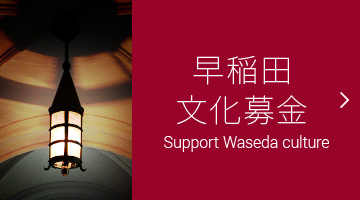Cross-Border Book Exchange and Natural History Writing: Library Collections, Classical Studies, and Digital History
The aim of this international symposium is to focus on the cross-border exchange of books and natural history writing between early modern and Meiji-era Japan and Ming-Qing China. We approach this theme from the perspectives of library collections, classical studies, and digital history. Throughout history, individuals from different countries and cultures have transcended boundaries to exchange books, knowledge, and culture. From the Edo period to the Meiji era, scholars and intellectuals in Japan and China, despite their diverse backgrounds and languages, engaged in mutual learning through the exchange of classical Chinese texts.
This symposium aims to retrospectively examine these past interactions, gain a deeper understanding of their impact on contemporary academic research, and discuss insights for the future. Additionally, we seek to reevaluate the importance and value of preserving classical texts, digitizing them, and exploring material culture and historical sites through the lenses and methodologies of library science, classical studies, and digital history. By utilizing digital technologies to recreate historical scenes, we hope to promote international awareness and contribute to the development of the humanities.
As such, this symposium brings together exper
- Date & Time:November 18, 2023 (Sat.) 13:20-18:30 (Doors open 12:30)
- Venue:Room B101, Building 14 (Waseda Campus)
- Language:Japanese, English
- Participants:Students, Faculty and Public
- Participation:Free, We encourage participants who would like to join this event to make a reservation HERE. (*Form is written in Japanese)
- Organized by The Yanai Initiative for Globalizing Japanese Humanities, with support from the Research Institute for Letters, Arts and Sciences
- Sponsored by Institute of History and Philology, Academia Sinica Center for Digital Cultures
Presenters
Hsi-yuan Chen
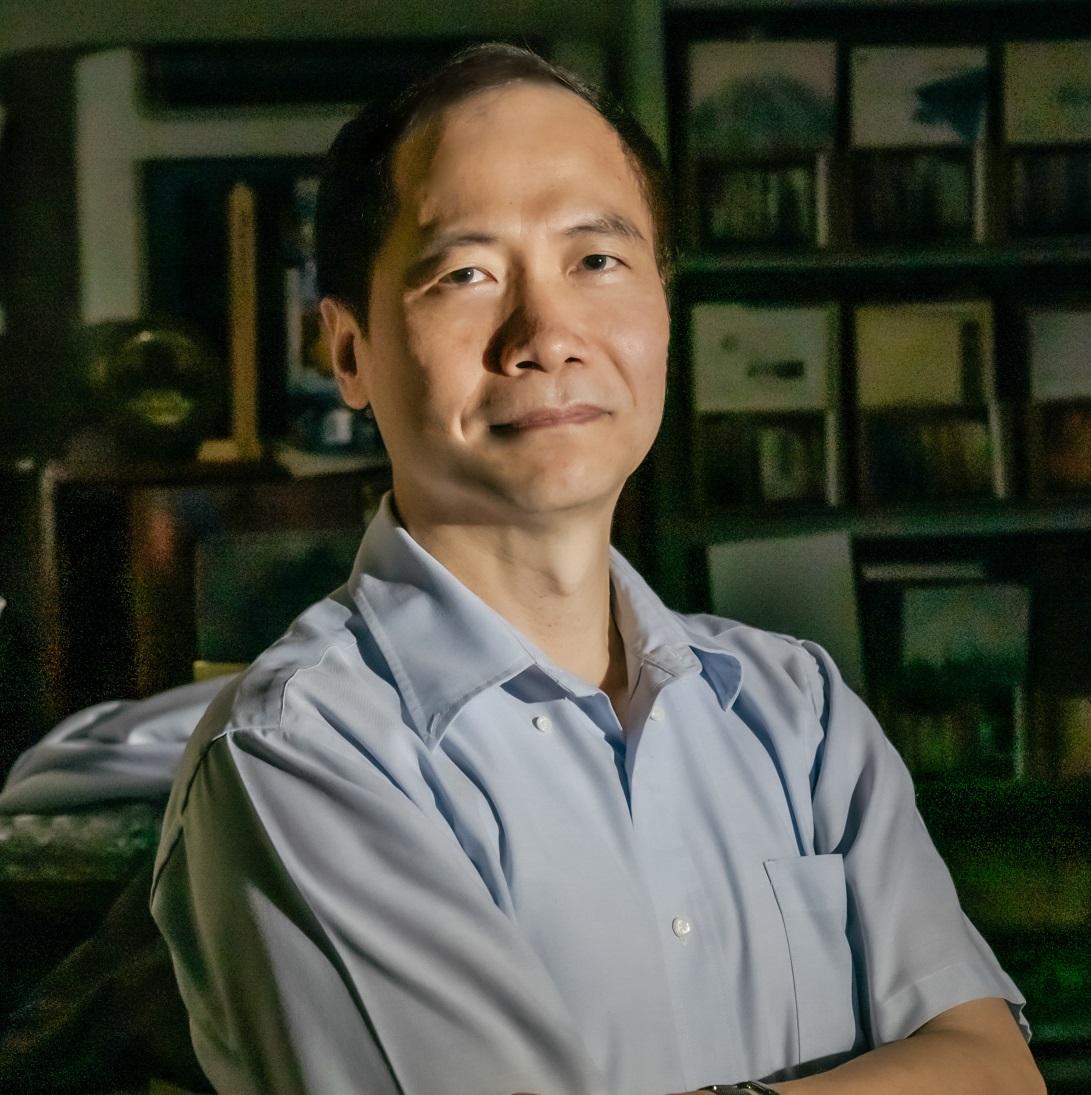
He earned his Ph.D. in History and East Asian Languages from Harvard University. He currently serves as a Research Fellow at the Institute of History and Philology, Academia Sinica, and holds the position of Director at the Academia Sinica Center for Digital Cultures (ASCDC). His primary area of expertise lies in historical archival research. He has meticulously examined an extensive range of archives, juxtaposing them with both official and private documents to shed light on pivotal historical insights. Central to his research is an exploration of the interplay between state cults and popular religions, the intricate mechanisms of information transmission between local and central governments, and the dynamics of various cultural transformations in Late Imperial China. Notably, his work delves into the creation and dissemination of the emperor’s edicts, the intricate evolution of cultural landscapes, geographical shifts in the Yangtze River’s formation, and the rise of mass Confucianism through local preaching during the Ming-Qing transitional period.
Chen Jie
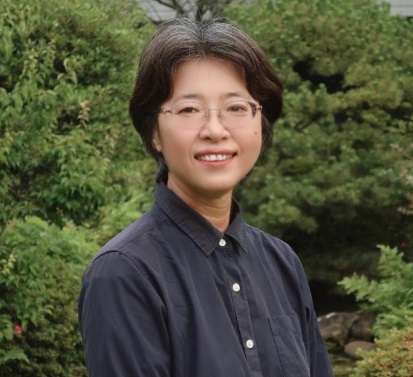
Professor at the Graduate School of Humanities and Sociology, the University of Tokyo. After completing the master’s program in the Department of Chinese Language and Literature at Peking University, she served as a lecturer at the same university before coming to Japan in 1994. She engaged in research at the KEIO Institute of Oriental Classic and the Institute for Advanced Studies on Asia at the University of Tokyo. In 1995, she enrolled in the doctoral program in the Department of Asian Cultural Studies, specializing in East Asian Thought and Culture. She obtained her doctoral degree in 2001, and has held positions such as Associate Professor in the Department of Cultural Studies at Japan Women’s University and Professor in the Research Department of National Institute of Japanese Literature. She has been serving in his current position since 2017, and her research focuses on the history of book culture and academic exchanges between Japan and China.
Lin Wenjiun

Researcher at the The Yanai Initiative, Waseda University. Since May 2020, she has been employed as a postdoctoral researcher, academic publishing editor, and digital museum curator at the The Academia Sinica Center for Digital Cultures, in Taiwan. She obtained her Ph.D. in Chinese literature from National Taiwan Normal University in the same year. From 2021 to March 2023, she worked as a recruited researcher at The Japan Foundation, conducting research on Sinographic bibliographic studies at the Faculty of Letters, Keio University. Her research focuses on Sinographic bibliographic studies, textual criticism, cataloging, classical Chinese and Sino-Japanese literature, calligraphy and manuscript culture, as well as digital humanities. She has authored several research articles, including :”The Position of Chinese ‘Wen’ and ‘Ji’ in Japanese Library and Cataloging Studies: An Examination of Publications from the Ming-Qing and Edo Periods” (November 2023).”Research and Construction of Ancient Bookstores: Examination of the Early Modern Ming-Qing and Edo Periods, Environmental Buffering Analysis, and Temporal-Spatial Scenes” (November 2023).”On the Edition Lineage of ‘Li Zhuowu Pidian Shi-shuo Xin-yu Bu’: Clues from Reprints, Overprints, Later Imprints, and Engraving Character Forms” (December 2023).
Sumiyoshi Tomohiko
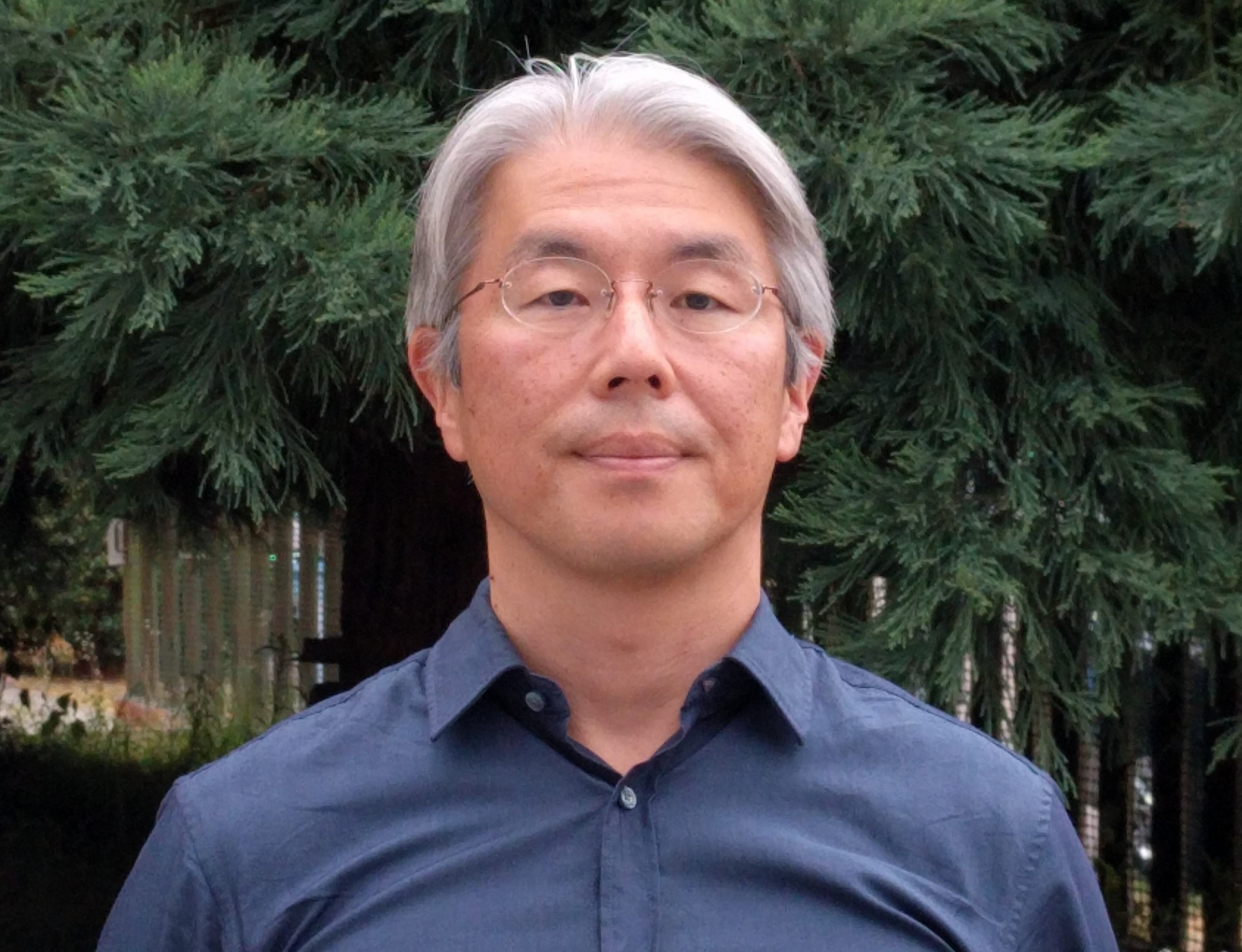
He is a professor at Keio University’s at the Sido Bunko(Keio Institute of Oriental Classics). He currently holds the position after previously working as a member of the Imperial Household Agency’s Shoryo-bu Library Survey Division. In his academic pursuits, he views numerous rare texts in Japan as treasures of East Asian culture. He investigates their transformations over time and the circumstances of their circulation beyond national borders while considering the historical context. His publications include “Fundamental Research on Medieval Japanese Sinology: Rhyme Categories” (published by Kyuko Shoin) and edited works such as “Studies on the Collections of Chinese Classics in the Imperial Library” (Kyuko Shoin). Currently, he is conducting research with Prof. Chen Jie, Prof. Akiko Yajima on “Collection Studies of Japanese Classical Chinese Books in the United States: A Case Study of the Imaseki Tenpo Collection” and “Reconstruction and Dissemination of the Edo Shogunate’s Momijiyama Library – Classical Studies Based on the Digitalization of Chinese Classics Held by the Imperial Household Agency’s Shoryo-bu Library”.
Yajima Akiko

She is a full-time lecturer at Keio University’s affiliated research institution, the Shido Bunko. She pursued her doctoral studies in East Asian History in the Graduate School of Letters at Keio University, focusing on the cultural history of ancient China. In 2017, they completed their coursework and obtained their Ph.D. in History. During her doctoral program, she concurrently studied bibliographic research at the Shido Bunko, and served as a research assistant at the same institution for two years starting in 2014. In 2017, She were appointed as an assistant professor at the Shido Bunko, and since 2021, she has been working as a full-time lecturer. Her areas of expertise include Chinese classical bibliography (Hanji Shibishi) and the cultural history of ancient China. Notable among their research papers is “The Reception of the ‘Mao Shi Caomu Niaoshou Chongyu’ in Japan: An Investigation into Quotations in National Books” (published in the Shido Bunko Ronshu, Volume 55, 2021).。
Kudo Takushi
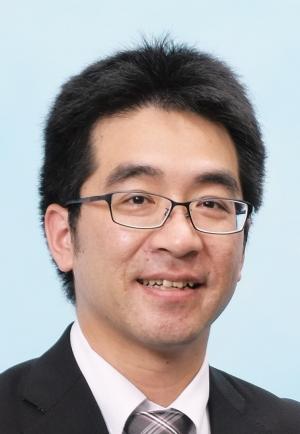
He graduated from the Faculty of Humanities, Hiroshima University, and completed the doctoral program at the Graduate School of Letters, Hiroshima University, earning a Ph.D. in Literature. With a specialization in Chinese thought, Confucianism, and Japanese Sinology, he has held various academic positions throughout his career. He has conducted postdoctoral research at National Taiwan University’s Department of Chinese Literature, the Institute of Chinese Literature and Philosophy at Academia Sinica, and National Tsing Hua University’s Department of Chinese Literature. He has also served as a part-time lecturer at National Taiwan Normal University and as an associate professor in the Department of Applied Japanese Language at Chihlee University of Technology in Taiwan. Currently, he is an associate professor in the Faculty of Regional Studies at Hiroshima Prefectural University, where he focuses on regional revitalization. Among his notable works are “A Study of Japanese Scholars’ Interpretations of the ‘Three Rites’ in the Past Century” (2016) and translations such as Huang Chun-Chieh’s “The Confucian Interpretation of the Analects in Tokugawa Japan” (2014), “Confucian Thought and Chinese Historical Thinking” (2016, co-translated), “A History of Confucian Benevolence in East Asia” (2022, co-translated), as well as Huang Jin-Hsing’s “Confucius Temples and Empire: State Power and Religion” (2020) and “From Loyalty to Ethics: The Transformation of Moral Consciousness in Late Qing and Early Republican China” (2023).。
Comments, Discussion
Kono Kimiko
Faculty of Letters, Arts and Sciences, Waseda University
Yamamoto Satomi
Faculty of Letters, Arts and Sciences, Waseda University
Time Table
13:20 Opening Address:Micheal Emmerich (Yanai Initiative / Faculty of Letters, Arts and Sciences)
– Session 1 –
13:30 1:Hsi-yuan Chen ““Learning of the Sages” as “Learning of the People”: A Newly Uncovered Text on the Community Covenant and Mass Confucianism during the Ming-Qing Transition”
14:00 2:Yajima Akiko “『詩経小識』の諸伝本について―写本に見る知的ネットワーク”
14:30 3:Kudo Takushi “日本徳川時代「三禮」研究概況序説”
15:00 Break
15:15 Comments and Discussion:Kono Kimiko
– Session 2 –
15:50 4:Sumiyoshi Tomohiko “UCLA 東アジア図書館所蔵の今関天彭旧蔵漢籍について―旧蔵書研究の視点から―”
16:20 5:Chen Jie “清末における安井小太郎の北京体験について”
16:50 6:Lin Wenjiun “江戸・明清の書誌データと蔵書文化の3次元図景の再現について”
17:20 Break
17:45 Comments and Discussion:Yamamoto Satomi
18:15 Closing Address:Toeda Hirokazu (Yanai Initiative / Faculty of Letters, Arts and Sciences)
18:30 CLOSE
Important Notes
During this symposium, the Yanai satff will take photos of the presenters and participants for our recording purposes. If you do not wish to have your photo included, please inform the Yanai staff during the event.
Contact
Waseda Yanai Initiative:[email protected]


